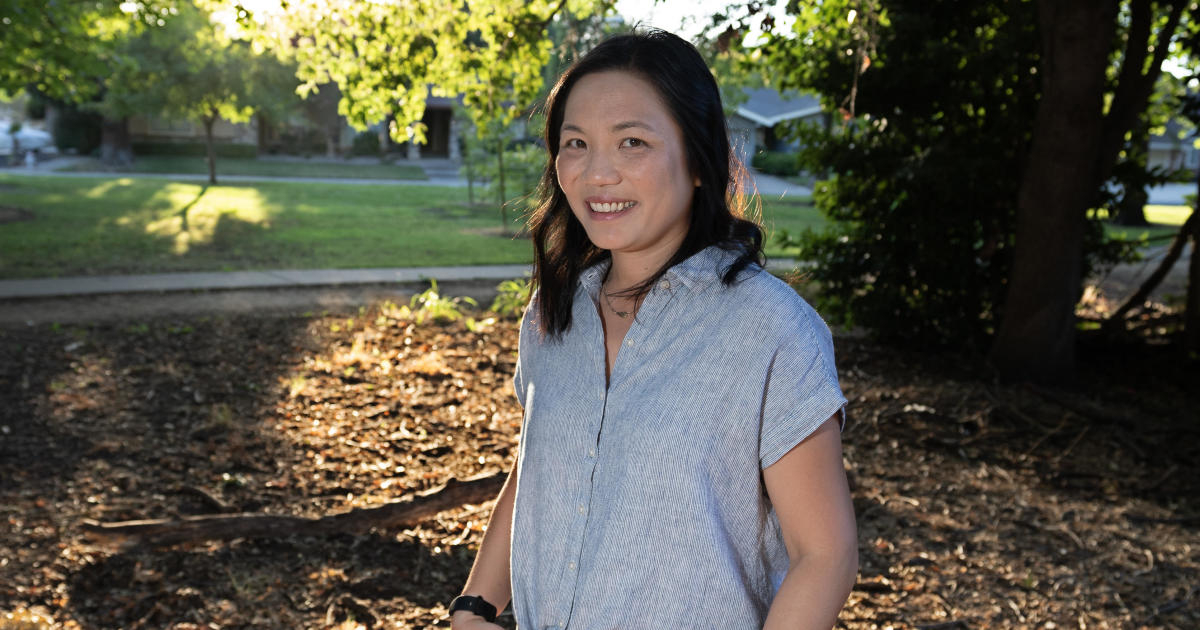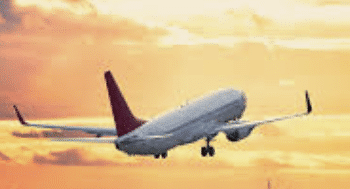
Christina Kashiwada was traveling for work during the summer of 2018 when she noticed a small, itchy lump in her left breast.
She thought little of it at first. She did routine self-checks and kept up with medical appointments. But a relative urged her to get a mammogram. She took the advice and learned she had stage 3 breast cancer, a revelation that stunned her.
“I’m 36 years old, right?” said Kashiwada, a civil engineer in Sacramento, California. “No one’s thinking about cancer.”
About 11,000 Asian American and Pacific Islander women were diagnosed with breast cancer in 2021 and about 1,500 died. The latest federal data shows the rate of new breast cancer diagnoses in Asian American and Pacific Islander women — a group that once had relatively low rates of diagnosis — is rising much faster than that of many other racial and ethnic groups. The trend is especially sharp among young women such as Kashiwada.
About 55 of every 100,000 Asian American and Pacific Islander women under 50 were diagnosed with breast cancer in 2021, surpassing the rate for Black and Hispanic women and on par with the rate for white women, according to age-adjusted data from the National Institutes of Health. (Hispanic people can be of any race or combination of races but are grouped separately in this data.)
The rate of new breast cancer cases among Asian American and Pacific Islander women under 50 grew by about 52% from 2000 through 2021. Rates for AAPI women 50 to 64 grew 33% and rates for AAPI women 65 and older grew by 43% during that period. By comparison, the rate for women of all ages, races, and ethnicities grew by 3%.
Researchers have picked up on this trend and are racing to find out why it is occuring within this ethnically diverse group. They suspect the answer is complex, ranging from cultural shifts to pressure-filled lifestyles — yet they concede it remains a mystery and difficult for patients and their families to discuss because of cultural differences.
Helen Chew, director of the Clinical Breast Cancer Program at UC Davis Health, said the Asian American diaspora is so broad and diverse that simple explanations for the increase in breast cancer aren’t obvious.
“It’s a real trend,” Chew said, adding that “it is just difficult to tease out exactly why it is. Is it because we’re seeing an influx of people who have less access to care? Is it because of many things culturally where they may not want to come in if they see something on their breast?”
There’s urgency to solve this mystery because it’s costing lives. While women in most ethnic and racial groups are experiencing sharp declines in breast cancer death rates, about 12 of every 100,000 Asian American and Pacific Islander women of any age died from breast cancer in 2023, essentially the same death rate as in 2000, according to age-adjusted, provisional data from the Centers for Disease Control and Prevention. The breast cancer death rate among all women during that period dropped 30%.
The CDC does not break out breast cancer death rates for many different groups of Asian American women, such as those of Chinese or Korean descent. It has, though, begun distinguishing between Asian American women and Pacific Islander women.
Nearly 9,000 Asian American women died from breast cancer from 2018 through 2023, compared with about 500 Native Hawaiian and Pacific Islander women. However, breast cancer death rates were 116% higher among Native Hawaiian and Pacific Islander women than among Asian American women during that period.
Rates of pancreatic, thyroid, colon, and endometrial cancer, along with non-Hodgkin lymphoma rates, have also recently risen significantly among Asian American and Pacific Islander women under 50, NIH data show. Yet breast cancer is much more common among young AAPI women than any of those other types of cancer — especially concerning because young women are more likely to face more aggressive forms of the disease, with high mortality rates.
“We’re seeing somewhere almost around a 4% per-year increase,” said Scarlett Gomez, a professor and epidemiologist at the University of California-San Francisco’s Helen Diller Family Comprehensive Cancer Center. “We’re seeing even more than the 4% per-year increase in Asian/Pacific Islander women less than age 50.”
Gomez is a lead investigator on a large study exploring the causes of cancer in Asian Americans. She said there is not yet enough research to know what is causing the recent spike in breast cancer. The answer may involve multiple risk factors over a long period of time.
“One of the hypotheses that we’re exploring there is the role of stress,” she said. “We’re asking all sorts of questions about different sources of stress, different coping styles throughout the lifetime.”
It’s likely not just that there’s more screening. “We looked at trends by stage at diagnosis and we are seeing similar rates of increase across all stages of disease,” Gomez said.
Veronica Setiawan, a professor and epidemiologist at the Keck School of Medicine of the University of Southern California, said the trend may be related to Asian immigrants adopting some lifestyles that put them at higher risk. Setiawan is a breast cancer survivor who was diagnosed a few years ago at the age of 49.
“Asian women, American women, they become more westernized so they have their puberty younger now — having earlier age at [the first menstrual cycle] is associated with increased risk,” said Setiawan, who is working with Gomez on the cancer study. “Maybe giving birth later, we delay childbearing, we don’t breastfeed — those are all associated with breast cancer risks.”
Moon Chen, a professor at the University of California-Davis and an expert on cancer health disparities, added that only a tiny fraction of NIH funding is devoted to researching cancer among Asian Americans.
Whatever its cause, the trend has created years of anguish for many patients.
Kashiwada underwent a mastectomy following her breast cancer diagnosis. During surgery, doctors at UC Davis Health discovered the cancer had spread to lymph nodes in her underarm. She underwent eight rounds of chemotherapy and 20 sessions of radiation treatment.
Throughout her treatments, Kashiwada kept her ordeal a secret from her grandmother, who had helped raise her. Her grandmother never knew about the diagnosis. “I didn’t want her to worry about me or add stress to her,” Kashiwada said. “She just would probably never sleep if she knew that was happening. It was very important to me to protect her.”
Kashiwada moved in with her parents. Her mom took a leave from work to help take care of her.
Kashiwada’s two young children, who were 3 and 6 at the time, stayed with their dad so she could focus on her recovery.
“The kids would come over after school,” she said. “My dad would pick them up and bring them over to see me almost every day while their dad was at work.”
Kashiwada spent months regaining strength after the radiation treatments. She returned to work but with a doctor’s instruction to avoid lifting heavy objects.
Kashiwada had her final reconstructive surgery a few weeks before COVID lockdowns began in 2020. But her treatment was not finished.
Her doctors had told her that estrogen fed her cancer, so they gave her medicine to put her through early menopause. The treatment was not as effective as they had hoped. Her doctor performed surgery in 2021 to remove her ovaries.
More recently, she was diagnosed with osteopenia and will start injections to stop bone loss.
Kashiwada said she has moved past many of the negative emotions she felt about her illness and wants other young women, including Asian American women like her, to be aware of their elevated risk.
“No matter how healthy you think you are, or you’re exercising, or whatever you’re doing, eating well, which is all the things I was doing — I would say it does not make you invincible or immune,” she said. “Not to say that you should be afraid of everything, but just be very in tune with your body and what your body’s telling you.”
Phillip Reese is a data reporting specialist and an associate professor of journalism at California State University, Sacramento.
This article was produced by KFF Health News, a national newsroom that produces in-depth journalism about health issues and is one of the core operating programs at KFF — the independent source for health policy research, polling, and journalism. KFF Health News is the publisher of California Healthline, an editorially independent service of the California Health Care Foundation.









